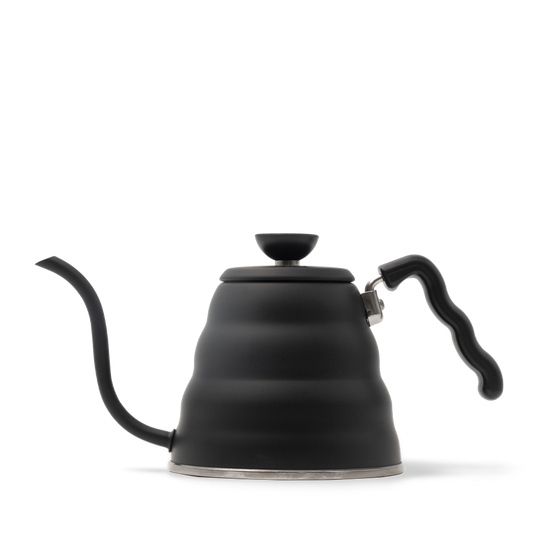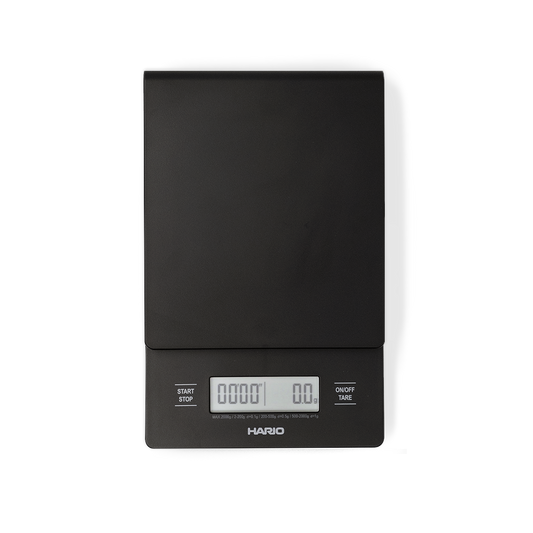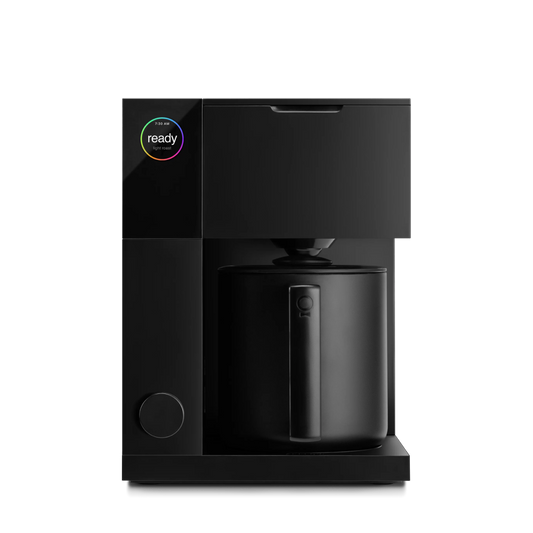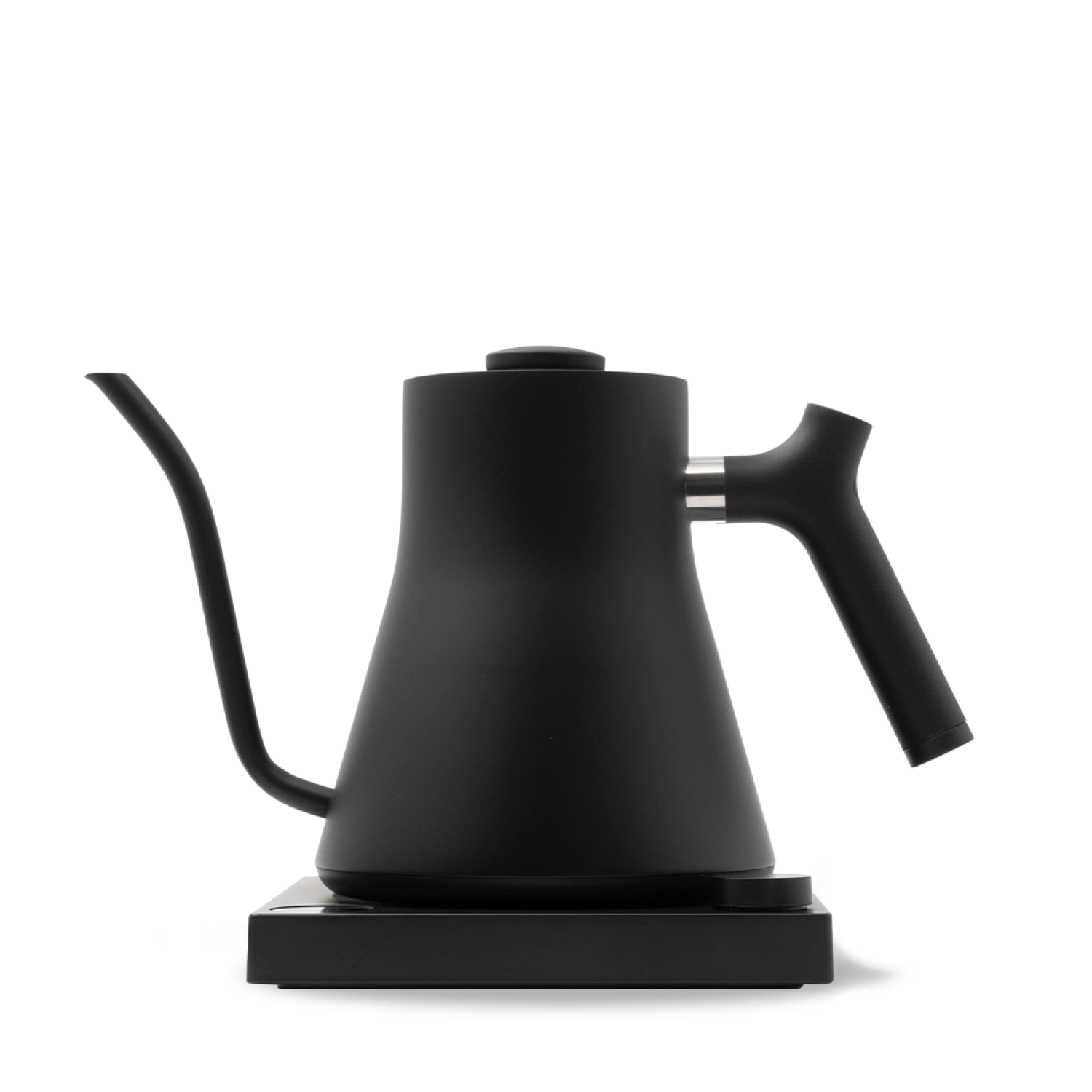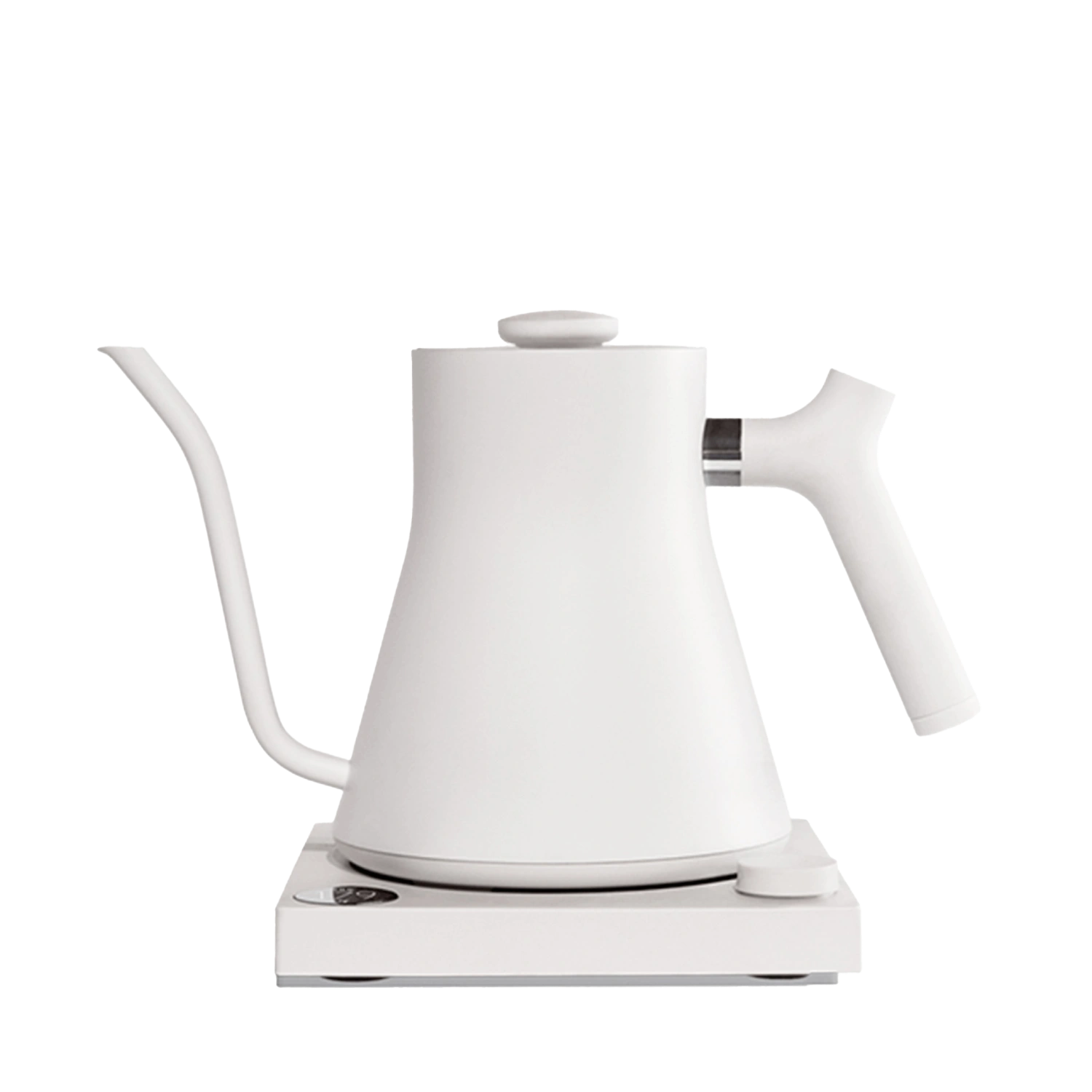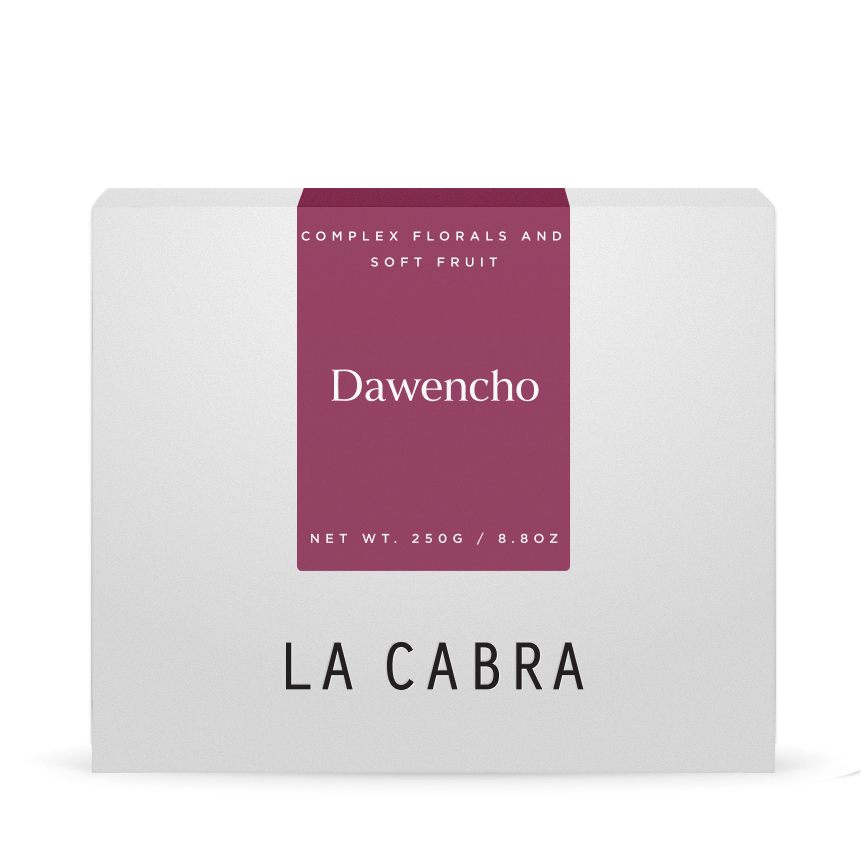
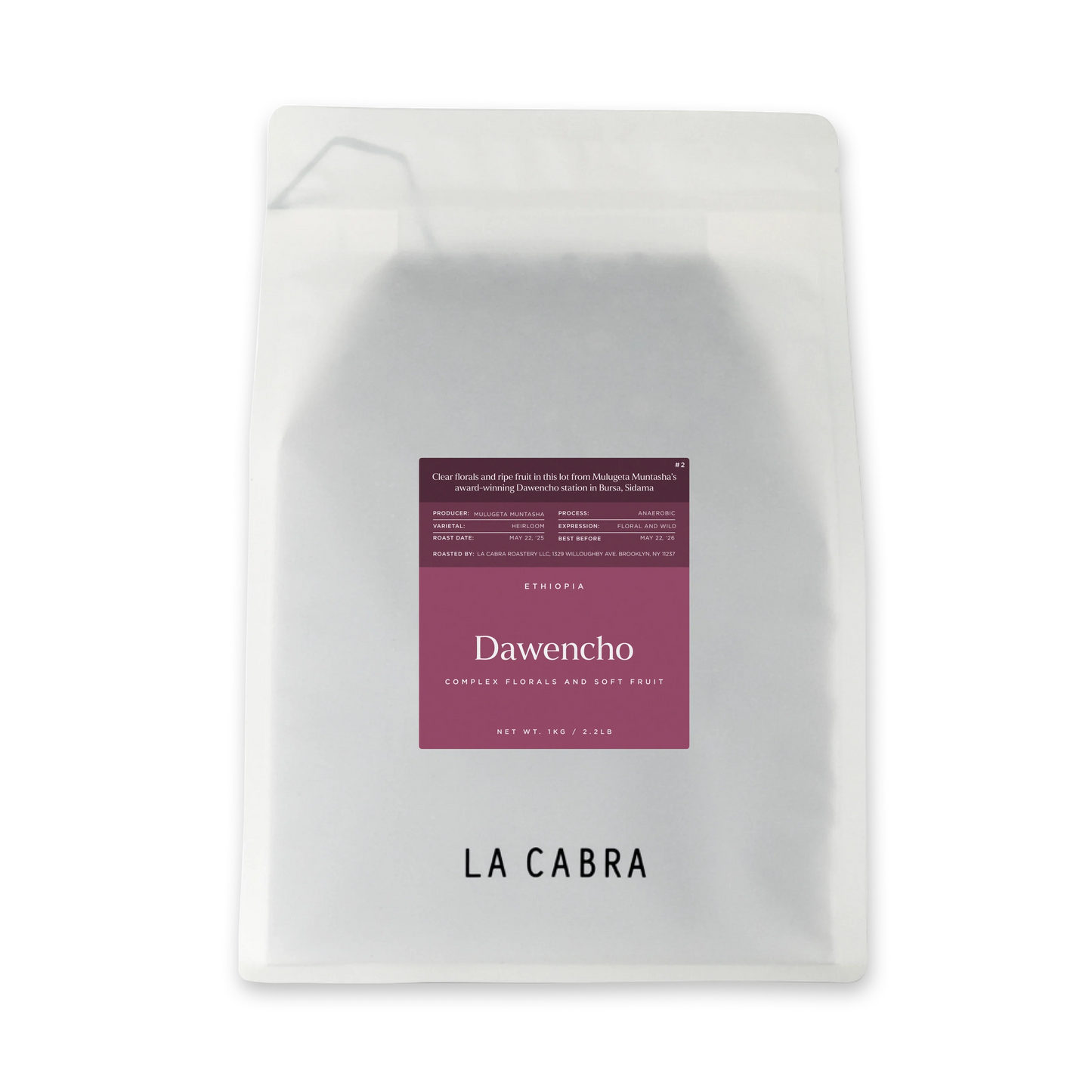
Mulugeta Muntasha
Mulugeta Muntasha grew up in the village of Bursa, located on the high plains of Harbegona in the Sidamo region. During Mulugeta’s childhood, not much coffee was grown around Bursa, so when he was old enough to work, he travelled to neighbouring Arsi to work as a truck driver, transporting coffee cherries from local farms to a private washing station. Mulugeta eventually started his own business, collecting cherry in Arsi and selling it on the local market.
-(1)-1-v1756408014262.webp?8192x5462)
Dawencho
In the intervening years, Bursa became a viable coffee region. Climate change has pushed the ideal conditions for quality coffee higher and higher in altitude, meaning the 2200+ masl altitudes found in Bursa were suddenly prime territory. Mulugeta moved home, and began work on his own project, a large farm and washing station that would become known as Dawencho. His years of experience quickly paid dividends; in the 2022 Cup of Excellence, 4 of the top 10 lots were processed at Dawencho, including the overall winner, grown by Mulugeta’s brother-in-law Legesse Botola.
-1-v1756408015559.webp?8192x5462)
This is our first year working with Mulugeta’s coffees, and his expertise in processing means we have been able to purchase several contrasting lots composed of cherries he purchases from local smallholder farmers, at dizzying altitudes often over 2300 masl. This anaerobic lot was one of the finest we tasted during this year’s rounds of cupping in Addis Ababa, with clear floral notes followed by a rich and complex cup with notes of strawberry and violet.
CoQua
The viability of these new regions is an interesting challenge for Ethiopia’s fast moving coffee industry. Providing agronomic support to the many new producers is vital in order to maintain the quality and iconic flavour profile of Ethiopian coffee. One of the driving forces behind this movement is CoQua, founded by Moata Raya and Ansha Yassin. Moata and Ansha previously worked together at international agricultural NGO Technoserve, and are experts in farming and farm management, as well as quality control and value chains. It was during their tenure that Technoserve supported the building of the Duromina, Nano Challa and Biftu Gudina cooperatives, which became iconic in the speciality industry around a decade ago.
Now, it is Moata and Ansha’s turn to push Ethiopian coffee forward again, by supporting new coffee producers on the high plains of Sidamo, in areas where coffee wasn’t viable just a decade ago. They have begun their work in connecting these producers to relevant buyers, who can pay premium prices for their excellent quality. We are excited to be on this journey with CoQua, having been introduced last year through our American friends at Crop to Cup.
-(2)-1-v1756408017203.webp?5532x6914)

















